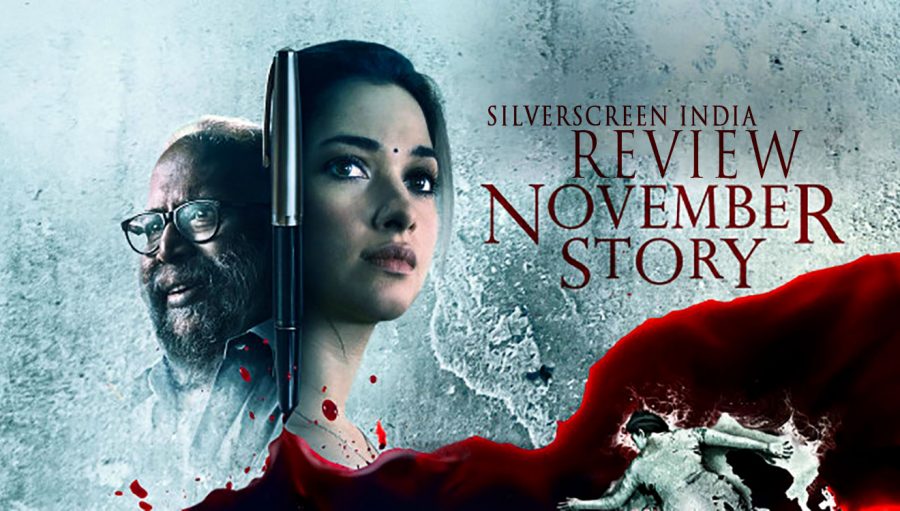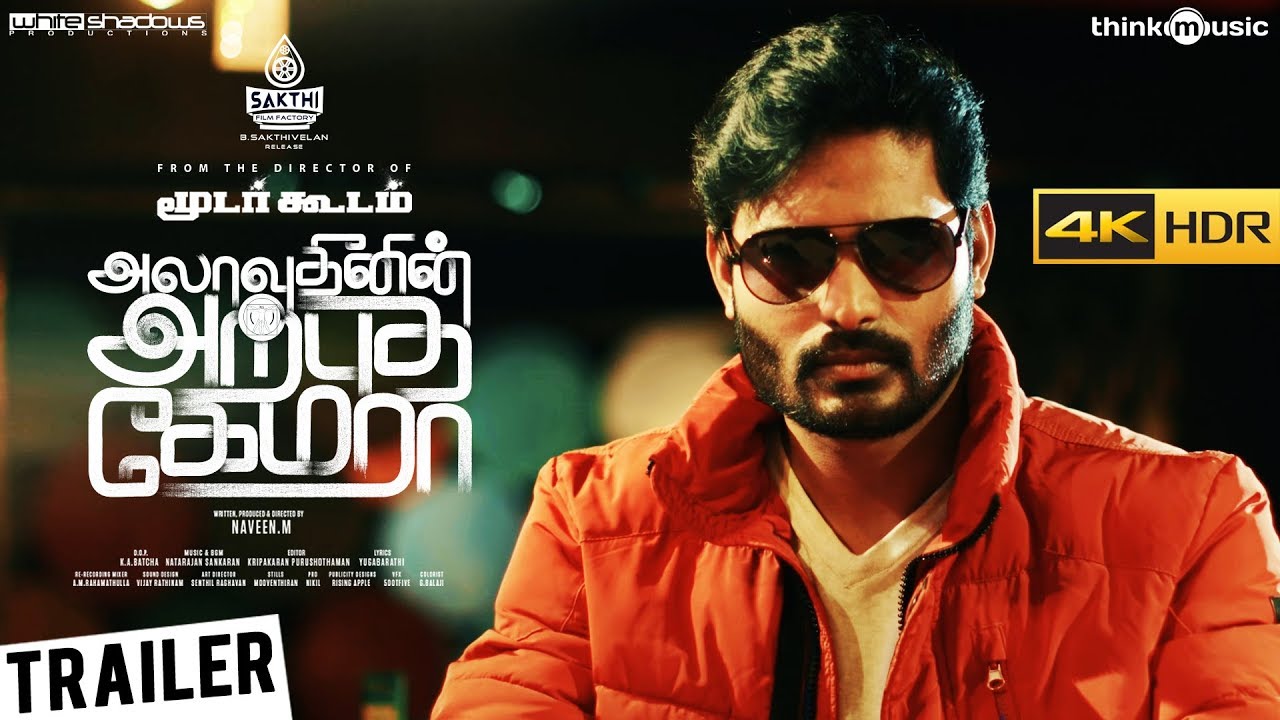At the centre of Indhra Subramanian’s November Story, a limited series streaming on Disney+ Hotstar, is a volatile father-daughter relationship. Ganesan (GM Kumar), a genius crime novelist, is diagnosed with early onset of Alzheimer’s disease. Grappling with an untameable mind flitting between memory and forgetfulness, he wants to write one last story, a mysterious personal account, before the darkness envelops him forever. His daughter and only kin Anu (Tamannaah Bhatia) has to divide her time between an increasingly demanding situation at home and her job as an ethical hacker in a high-profile government project. At one point, pushed to her wit’s end, the young woman reacts violently, expressing the bottled-up trauma. An interesting moment in an underwhelming show.
This scene, which comes in the fifth episode, is probably the only instance where Bhatia breaks off her oddly detached approach and gets into the character. She can be a great addition to mass masala entertainers where a character’s believability isn’t a concern for the filmmaker or the viewer. But in a film/show where an artist has to disappear into her surroundings, help the viewer see the insides of her character, she becomes a burden.
In November Story, Bhatia always looks salon-perfect despite the crises her character goes through. Unlike the rest of the cast who blend into the story’s setting, she sticks out unable to perform on-screen even the most mundane activity convincingly.
November Story is a murder mystery, a flashback-centric whydunnit. A woman is found dead in an empty house with multiple stabs on her upper back. The house belongs to Ganesan, and Anu had secretly it put up for sale against his wishes. The local police, led by an amiable inspector Sudalai (Aruldass), start looking into the case. When the crime-novelist becomes one of their prime suspects, Anu, already neck-deep in troubles, has to save him.
The show aspires to be a slow-burner, but it has too little in its hand. Subramaniam struggles to spread out a thin storyline over seven episodes without investing in characterisations. Even after five episodes, the characters ﹣the show revolves around just a handful of characters ﹣might appear as aloof as they were at the beginning. The longwinded cold open delineates the murderer’s past. But at the end, the audience might wonder what to do with the information in hand. Most of all, despite some good ideas, the show doesn’t have enough intrigue.
The editing, in particular, is haphazard. The narrative lacks a rhythm. There is a scene where a heavily pregnant woman, fatally bleeding from an accident, begs Yesu (Pasupathy), an autopsy surgeon, to operate on her and save her unborn child. Despite the screams and show of blood, the scene is lifeless, sans any sense of urgency, thanks to the ill-judged editing.
Similarly, one might lose count of the times Malar (Vivek Prasanna), Anu’s best friend and the head of the project she is working in, makes phone calls begging her to come to work. And it is a mystery why Anu, who is in dire need of money, decides to take work lightly. This tendency to behave unrealistically, even in the face of serious danger, is a common trait of all the characters in the show.
Three medical students, who have the police hot on their heels for a case of rape and murder of a classmate, travel to another city not to escape from the cops but to save a young woman from her predator parent. Why not help the woman approach the police directly instead of getting her entangled in a problem she isn’t related to? Although it is well-established that Ganesan, who is suffering from dementia, doesn’t want the house to be sold, several times in the first two episodes you see Anu bringing potential buyers to check out the property. But it does not look like she has devised a plan to bypass her father.
Recommended
The police in November Story are rarely seen outside the station, interrogating the criminals or chasing them through the street like in a traditional crime-thriller. However, they are much closer to the real world and more charming than their counterparts in films such as Saamy. Sudalai, instead of playing a superhero, gathers his team members in a room and brainstorms ideas. The scene set inside the police station at night is the only ‘cinematic’ part of the show. The camera moves around the room from one sleep-deprived cop to another, capturing the unfolding chaos.
November Story, which is one of the first south Indian crime web series, makes a decent effort to find a balance between the mechanics of small-screen and big-screen cinema, but it ends up as a lacklustre affair devoid of a memorable image or a character.
*****
The November Story review is a Silverscreen original article. It was not paid for or commissioned by anyone associated with the movie. Silverscreen.in and its writers do not have any commercial relationship with movies that are reviewed on the site.



